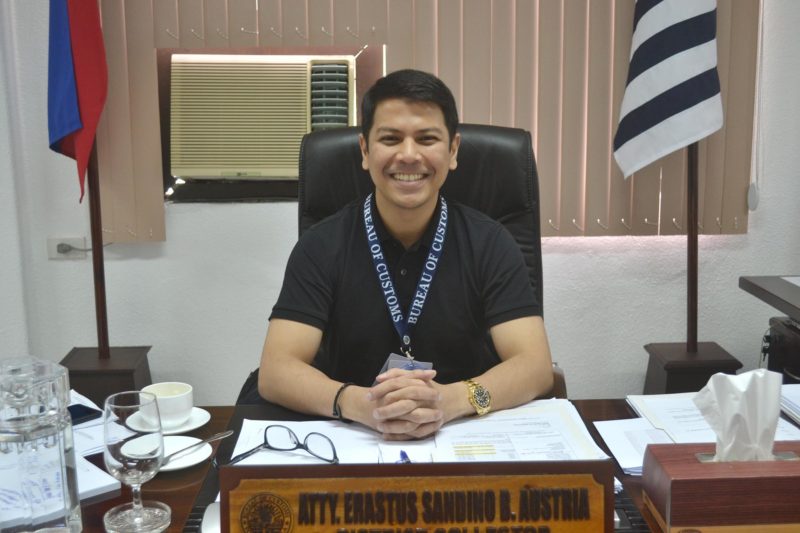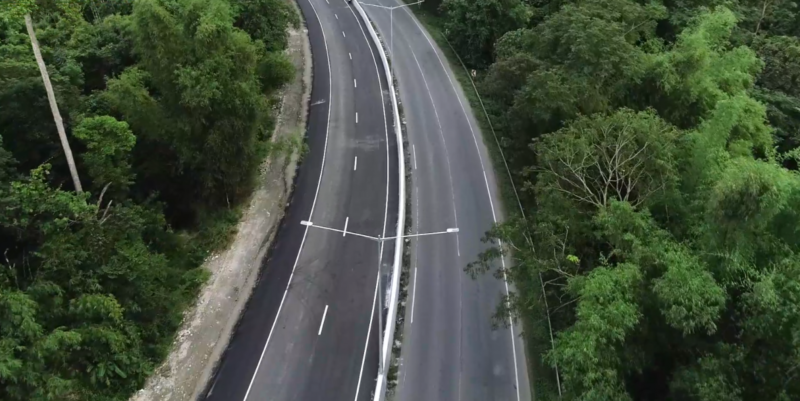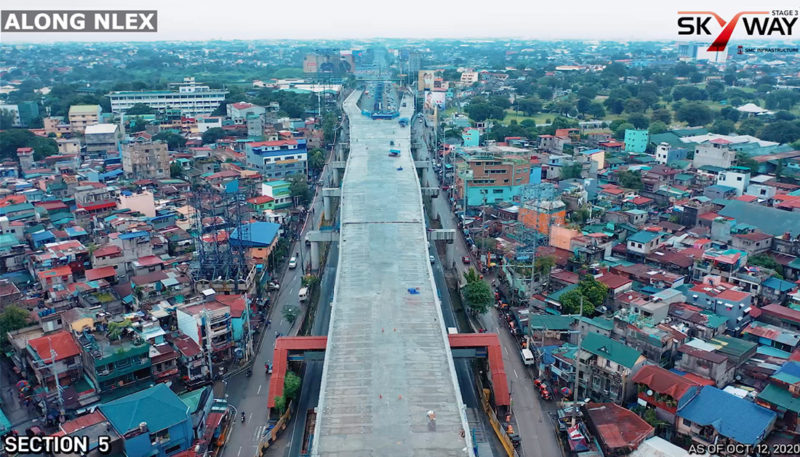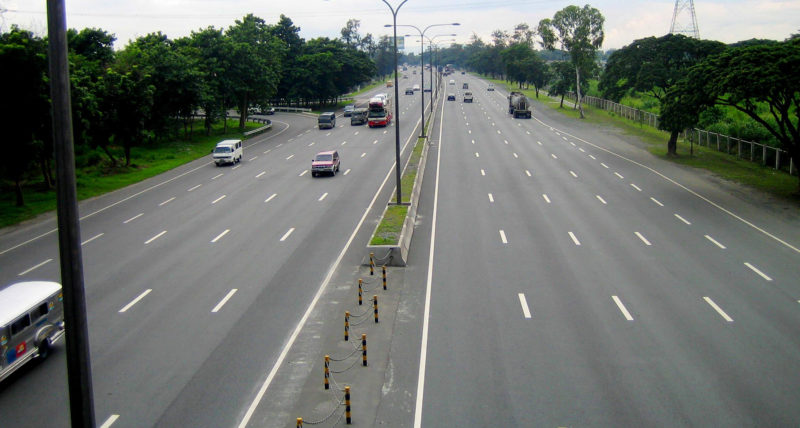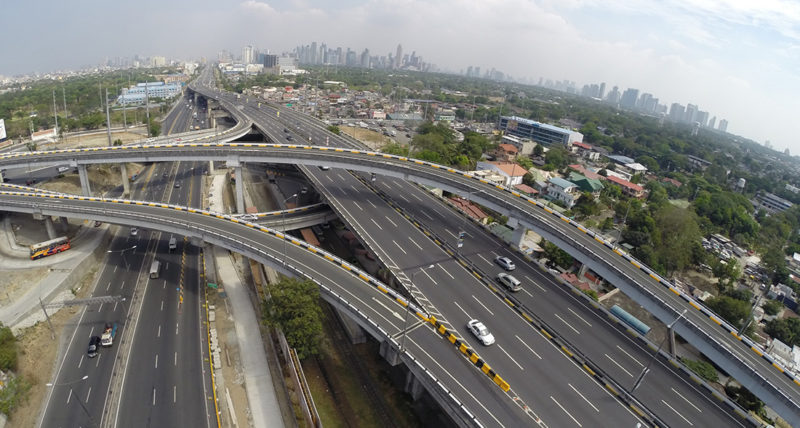
Putting in place systems that promote efficiency and micromanaging daily operations are the approaches taken by Bureau of Customs-Port of Manila (POM) district collector Atty. Erastus Sandino Austria to boost revenue collection and make POM conducive for business.
“My primary thrust really is to increase production efficiency. It’s office efficiency. I’m admin-centric. That is my leadership style,” Austria, who assumed the position of district collector of POM last month, told PortCalls in an interview.
Historically POM has had difficulty achieving its collection target, but Austria said systems he has put in place has yielded positive results.
For one, he said, there are no more pending transactions and “everything is done in accordance to the timeframe that is provided by the Citizen’s Charter.” He noted that there should be valid reasons for delays, and that none of these delays should be the fault of BOC.
In terms of collection, POM took in P7.418 billion in April, up 6.2% against its P6.985-billion target. On May 17, the port recorded its highest to-date daily collection of P630.011 million.
Austria said increased operational efficiency results in faster transactions and a more conducive business setting at the bureau. He added this also leads to efficient revenue collection and diminished corruption as it leaves no room for collusion between customs personnel and stakeholders.
“You remove the opportunity to negotiate kasi efficient… kung hindi mo bigyan nang pagkakataon na tumagal, na magbagal-bagalan [if you don’t give them the chance to slow things down], then you remove that [opportunity to negotiate],” Austria explained.
‘No pending’ policy
Austria’s first move upon assuming office was to implement a “no pending” policy at POM’s Formal Entry Division (FED).
Ideally, he noted, a transaction should be completed in a day, following timelines under POM’s Citizen’s Charter.
With the no pending policy, Austria said he is closely monitoring the performance of POM examiners, adding that those with pending transactions must complete them first before being given new ones.
He has set up three desks at the FED office, which essentially comprises a one-stop shop where he, the POM’s FED chief, and the deputy collector for assessment stay on for certain hours of the day to immediately address concerns of examiners.
He conducts personal visits and monitors the performance of POM’s appraisers and examiners, and has come up with formats for daily reports to monitor the performance of appraisers and examiners.
He said these daily performance reports can be the basis for future decisions, such as recommending the removal of non-performing personnel.
Appraisers and examiners also deposit their name tags at Austria’s desk upon arrival at the office, and collect them from him before leaving the office. Austria said this allows him to personally get to know staff and check their issues and concerns.
In addition, Austria has ordered the use of a standard format for official letters and communications, noting that such “little things” may appear silly to some, but help him stay “on top of everything.”
Investing in his people
Part of Austria’s program to improve efficiency involves putting POM officials and personnel through trainings and seminars. He acknowledged that “there’s much to be improved in terms of competency of a lot of our personnel.”
“If you expect more from your people, you have to equip them first, you have to invest in them,” Austria said.
Similar to what he did in Davao, Austria has scheduled trainings for POM frontliners. For all Saturdays of May, he directed the port’s 21 principal appraisers and more than 70 examiners to undergo training on the new Tax Reform for Inclusion and Acceleration (TRAIN) law in batches.
Austria believes POM has more than enough appraisers and examiners; some examiners may even be redeployed to other units where he has observed personnel to be insufficient.
More heads in a unit does not necessarily translate to greater efficiency, he remarked.
Austria also disclosed plans to renovate and modernize POM’s office building to make it more conducive for employees and, in turn, raise their efficiency levels. There is also a plan to update the POM’s Citizen’s Charter.
Moving alerted shipments
Another system Austria put in place hastens the examination of alerted shipments to comply with the order of Customs commissioner Isidro Lapeña to process alerted shipments within 24 hours, and, under certain circumstances, within 48 hours.
A team from BOC-POM is in close coordination with Manila South Harbor’s port operator for the fast transfer of alerted shipments to the examination area, with examiners informed in advance of their schedules for examination.
With responsibilities clearly identified, Austria said there should be no excuse for customs personnel not to finish their job on time.
According to Austria, the backlog for almost 400 unexamined alerted shipments has declined significantly a month since he assumed office. To further streamline the processing of alert orders, Austria said the number of signatories has been reduced since the law only requires the signatures of the examiner and the district collector anyway.
The POM chief said he is confident that backlogs and all recently issued alert orders will be processed as prescribed by BOC rules as long as systems in place are followed.
Echoing Lapeña’s statement, Austria said an alert order should not be feared as it is just a way for BOC to confirm derogatory information against shipments.
While he has a lot of plans for POM, Austria said his current focus is for his port to consistently hit and possibly exceed its collection target and contribute more to the overall revenue collection of BOC. POM’s 2018 collection target for the year is P89.9 billion, which represents 16% of the total target of BOC.
“If we fail on our end, it affects the coffers of the country,” he noted.
He wishes stakeholders would give him “honest feedback” at the same time “police their own ranks” and “elevate the quality of the debate.” Based on experience, he said some stakeholders do not even bother to read the rules and just resort to asking favors from customs personnel.
Austria said he still has a lot of plans up his sleeve, but all of these will always be in pursuit of greater efficiency. – Text and photo by Roumina Pablo
